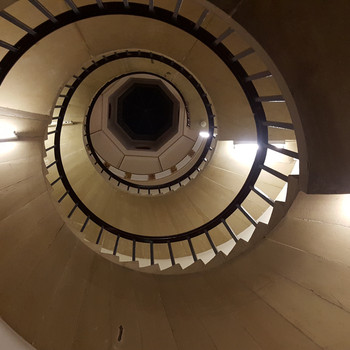What were the causes and outcomes of the Crimean War?
1 Answer
Great power rivalry made the most of the declining Ottoman Empire: it resulted in a change in the balance of power in Europe.
Explanation:
The slow decay and breakup of the Ottoman Empire led to the other powers squaring up for conflict: rivalry grew as to who was going to take over the ‘sick man of Europe’ (Turkey).
The Crimean War began in 1853, after Turkey declared on Russia. Britain and France eventually became involved in Turkey’s defence, ultimately according to Lambert because they ‘wanted to see (Russia’s) influence reduced rather than spreading south’ - It was due to Great Power Rivalry.
-
it was the first war involving the Great Powers since 1815
-
some historians see it as the most significant European war during the 19th century, due to its consequences, which included a change in the balance of power in Europe
-
Russia’s exploitation of Turkey and the expansion of her trading influence threatened British interests - Britain didn’t want her industrial supremacy to be jeopardised, so the confrontation suited her
-
Robert Gildea argues ‘Great Britain again manoeuvred to preserve the integrity of that Empire, as a buffer against Russian expansion’. So Britain went to war to preserve the status quo, with Turkey controlling the straits
-
Andrew Lambert offers the ‘traditional’ view of the causes of the Crimean War, suggesting that the real centre of gravity was not the Black Sea at all, but the Baltic and the potential vulnerability of St Petersburg to allied naval attack, he therefore concludes that ‘this was a maritime war’
-
Marjie Bloy says that Britain left the Tsar with misconceptions on where they stood after meetings in Aberdeen prior to the war - it seemed that Britain supported Russia’s actions to divide up the Ottoman Empire, but instead Britain labelled Russia for using ‘bullying’ tactics, and this led to war
-
France’s rivalry with Russia was born out of seeking revenge for Napoleon Bonaparte’s defeat in 1812. Bridge and Bullen state that Napoleon III entered the war in ‘search for equality with Great Britain and Russia’, so suggesting that the war was an opening for Napoleon III to enhance France’s standing in Europe.
-
Religion can be seen to have fuelled the war. Richards argues that ‘like many disputes, that between Russia and Turkey had its beginnings in a long standing religious controversy’. Orlando Figes agrees, strongly arguing that the ‘heart’ of the Crimea was Russia’s religious claim to lead and protect the Christians of the Ottoman Empire. Marjie Bloy also places a focus on religion, implying that ‘the main denominations could not work together. Both of them wanted control of the Holy Places’.
-
Also, Austria was losing influence in Europe: having refused to help Russia in its war against France and Britain she lost a major ally and became very isolated after War, being unable to rely on Russia for aid or support.
-
The ‘balance of power’ and the ‘concert of Europe’ were destroyed.
-
Prussia, despite not fighting, emerged from the Crimean War as a stronger Power: their economy grew through being neutral.
-
The Treaty of Paris brought around a number of changes, seeing Turkey being brought into the European political system, and Britain turning its back on Europe in order to focus on internal, domestic issues. This, and an alliance between Britain and France, was maintained into the Twentieth Century.
Useful references:
Andrew Lambert, The Crimean War, second edition, the Vienna settlement
Robert Gildea, Barricades and Borders, Europe, 1800- 1914, Chapter 7,
Bridge and Bullen, The Great Powers and the European States System 1814-1914
D.S. Richards, Conflict in Crimea
Marjie Bloy, The Victorian Web, The Crimean War: Immediate causes


